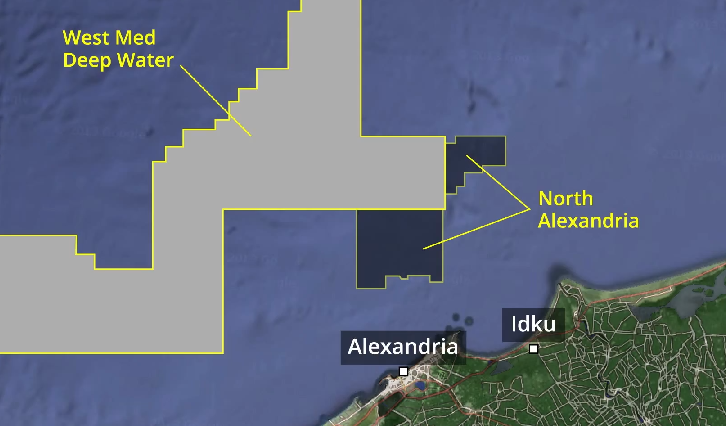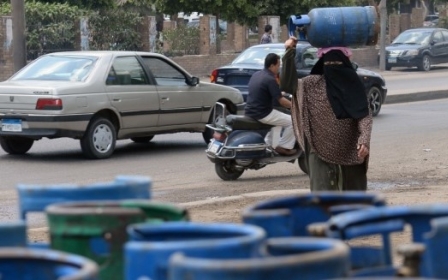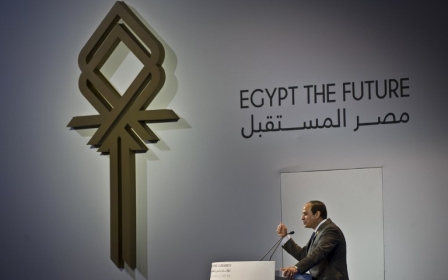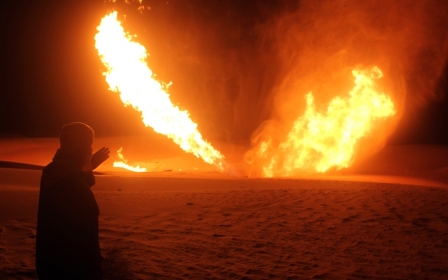Egyptian gas deal broken by MEE discussed on Al Jazeera Arabic

An analyst has described a recent gas deal signed between BP and the Egyptian state-run gas company as a “treachery to the dignity of the Egyptian people” while another said the government must have had its reasons for signing.
The comments on Thursday night were part of a half-hour show on Al Jazeera Arabic new channel which discussed Middle East Eye’s investigative report on the deal, published on Wednesday.
In the report, MEE revealed that over two decades of bartering between the British energy giant and Egypt’s state-run gas company, BP has gained increasingly favourable terms on agreements for two offshore gas concessions without producing any gas.
The negotiations cost Egypt at least £32bn in potential revenue, sources told MEE.
The West Nile Agreement, the most recent deal signed in March between BP and the Egyptian General Petroleum Corporation, brings together the two concessions under one agreement. After investing $12bn into the project, BP and its partner, RWE Dea, are poised to receive 100 percent of any profits, after paying royalties and taxes, MEE has reported.On Thursday night’s Al Jazeera Arabic talk show, Nabil Mikhail, a professor of political science at the George Washington University, lamented the lack of governmental structures that he said should have had a role in the gas deal’s terms, and described the deal as a “treachery to the dignity of the Egyptian people”.
“The House of Representatives should have had access to the deal before it was signed,” Mikhail said. “The Egyptian people have the right to know about the details of the deal. How will they debate this deal? There is no parliament.”
Mohammed Mahsoub, the deputy minister of the Wasat Party and another guest on the show, agreed.
“[Energy] matters of water, gas, petrol are the responsibility of the leaders, but according to law, any deal must also be presented as a referendum to the people,” Mahsoub said.
Mamdouh Salameh, the World Bank's oil and energy advisor, said that energy deals, there must be transparency at all levels, which was missing from this agreement.
“The Egyptian government must have had its own reasons to agree to such a deal with BP,” Salameh said. Energy deals, he added, are made with the purpose of guaranteeing a government’s own energy interests.
Middle East Eye propose une couverture et une analyse indépendantes et incomparables du Moyen-Orient, de l’Afrique du Nord et d’autres régions du monde. Pour en savoir plus sur la reprise de ce contenu et les frais qui s’appliquent, veuillez remplir ce formulaire [en anglais]. Pour en savoir plus sur MEE, cliquez ici [en anglais].




